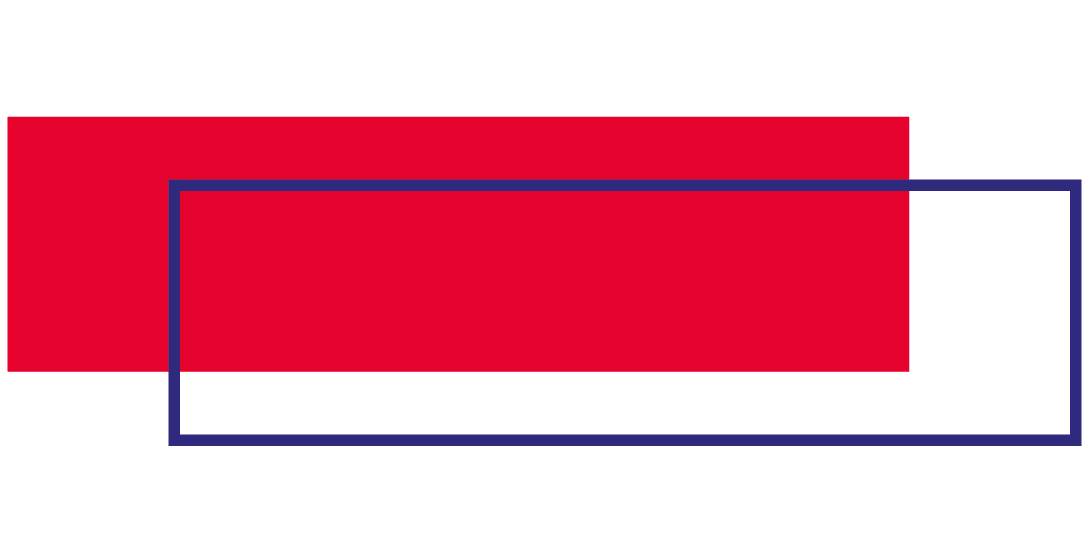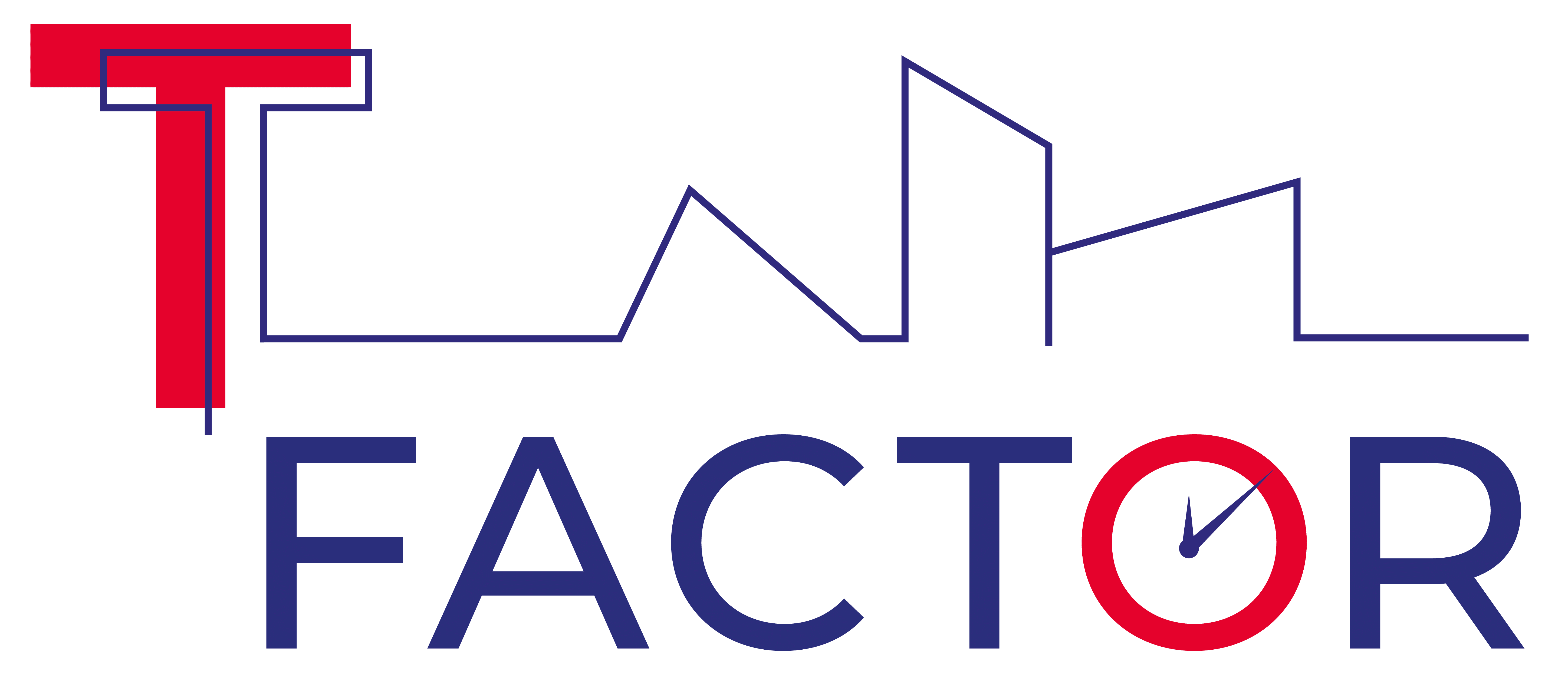The community stories of Kaunas, Lodz and London
The heritage and resources of the local communities are key aspects in urban regeneration projects in order to preserve the local identity and achieve a participatory approach. At the online workshop “Keep the (hi)story in mind”, we explored the cases of Kaunas, Lodz and London, trying to respond to these challenges:
- How can local history become an anchor for and a part of the ‘meanwhile use’?
- How do we approach communities and empower them to tell their own story?
- What are the possible methods and tools to collect and preserve local (un)tangible heritage?
Watch the full presentations!
T-Factor Kaunas Pilot Case
Jūratė Tutlytė presents Kaunas Pilot case in Aleksotas area and transformations happening employing various meanwhile uses in Kaunas Fortress Park on Lakūnų road and importance of collecting local (his)stories to support and/or [re]create local identity.
Jūratė Tutlytė, Vytautas Magnus University, Kaunas and Patrycja Wojtaszczyk, Lodz City Office.
Euston Stories
Architecture and the art woven into it, especially the applied art, is part of the history of a place but also a sign that shows the ideas, values, goals that the makers of the working-class housing estates who created the Euston area of London had in mind. How this forgotten but still existing pieces of art can contribute to discussions about the history of a place and its heritage and to the co-creation of the local community is discussed in their presentation by Adam Thorpe and Mick Finch.
Mick Finch is a Professor in Visual Art Practice at Central Saint Martins, The University of the Arts, London. An artist – a painter- that also works with photographic forms, digitalization and creative transformation of images, a lecturer and researcher. He has published widely on visual art practices. Currently working in the projects: Imagining Futures through Un/Archived Pasts, funded by the Global Challenges Research Fund, and T-Factor. “Archives are sites of negotiation about visions of the future. Decisions of what is to be collected, accessed or preserved tend to privilege certain narratives over others. It is about whose story will continue to be told and how, and whose will be silenced, and these questions are acute in moments of post-conflict, displacement and reconstruction.”
Adam Thorpe is a Professor in Socially Responsive Design, Co-Director of the Design Against Crime Research Centre (DACRC) at Central Saint Martins and founder of the Un Arts London’s Design for Social Innovation and Sustainability Lab. He is Principal Investigator of the Public Collaboration Lab (2015- present) funded by AHRC 2015-16, he was Co-Investigator on both the EU-funded Graffolution Project and the AHRC-funded Design Thinking for Prison Industries social innovation project. He was the Principal Investigator on the AHRC-funded 2013 UK DESIS Network. His work with the DACRC includes the delivery of collaborative action research, student projects, academic papers, design resources for industry and education, as well as award-winning design benchmarks that are linked to an account of design against crime as socially responsive design. Also, with DESIS, Adam’s practice-led research is focused on the development of models and methods that support service social innovation, and social enterprise.
Digital Archives from Below: Reclaiming Identity nd Building Community in post-industrial city of Lodz, Poland
How to conduct conversations about local and personal history? How do you reach out to the interviewee and make them feel comfortable during a sociological study? How to prepare for such interviews. Is there a code of ethics in such research and how to apply it? Agata Zysiak shares her practical experience from conducting oral history recording projects for many years.
Doctor Agata Zysiak is a historical sociologist and local activist working at the University of Lodz and the University of Vienna. In 2007, she started the Topografie Association, the main NGO popularizing history and gathering oral histories in Łódź, which runs an online archive Miastograf.pl. She is the author of the award-winning book about the socialist university and upward mobility in postwar Poland, “Punkty za pochodzenie” (Points for social origins, 2016); co-author of the main publication about Lodz available in English “From Cotton and Smoke – Industrial City and Discourses of Asynchronous Modernity 1897–1994” (2018) as well as other awarded project based on oral histories, “Wielki przemysł, wielka cisza” (Great Industry – Great Silence, 2020), examining the collapse of industry in Poland after ’89.
Local history – hidden power in the process of revitalization, the example of Nawrot Street in Lodz
The history of a place found in old photographs and messages forgotten by most can become part of the development of courtyards and the axis of community-building activities. Marcin Nowicki discusses how facts about the history of Nawrot Street in Łódź and its former residents, unearthed through a grassroots initiative, became the basis for cooperation with the locals, especially the youngsters and an inspiration for investors.
Marcin Nowicki – Lodz resident, historian, publicist and public relations specialist. Creator of the Nawrot Ending Story website bringing closer the history of Nawrot Street in Łódź. Organizer of exhibitions, educational walks and cultural events. Area of activity: local history, preservation of heritage and multicultural memory of Łódź.
Courtyard Histories of Revitalisation in Lodz
Is storytelling about local history, myths, fairy tales and legends just a way to pass the time? Exploring the heritage, the perception of one’s neighbourhood by residents, especially from disadvantaged groups, is a deeply political activity, touching on issues of social justice, residents’ sense of influence and agency in revitalisation processes. Anita Gulczynska and Mariusz Granosik talk about these important issues in their presentation.
Anita Gulczyńska (Ph. D) is an Associate Professor at the Department of Social Pedagogy and Social Rehabilitation, University of Łódź, Poland. Research fields: community work, spatial determinants of urban poverty and social exclusion, social work and social pedagogy in urban regeneration, youth work ; empowering practices and research. Methods of research: qualitative research, Participatory Action Research (PAR).
Mariusz Granosik (Ph.D.) is a head of the Department of Social Pedagogy and Re-socialisation, Faculty of Education Sciences, University of Łódź, Department of Social Pedagogy and Re-socialisation, Faculty of Education Sciences
Research fields: critical social pedagogy, social work; interpretive research methods, Participatory Action Research, pedagogization, radical democracy, environmental method, revitalization, determinants of social work professionalization, social problems in public discourse, empowerment/empowerment, pedagogical diagnostics.


